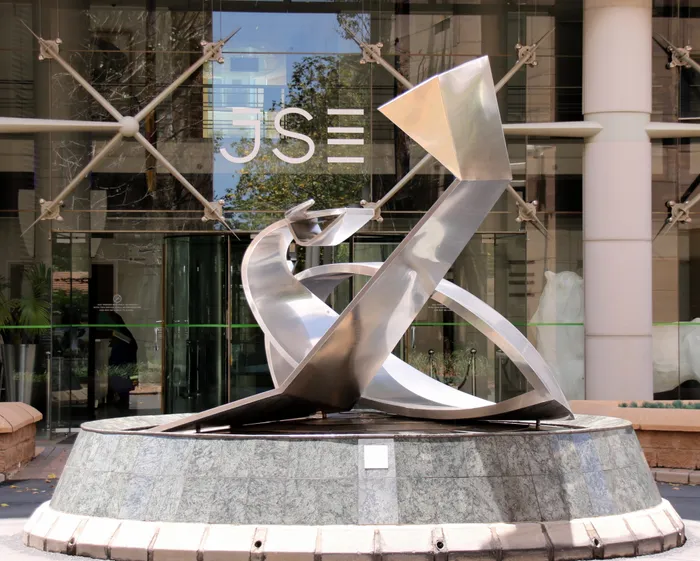Investors weigh SA business recovery with cautious optimism - Anchor Capital

Gresty said investors were probably “a bit premature at this stage” to assume that there was just going to be the sort of thing where the lights come on and suddenly everybody was partying. Picture: Nicola Mawson / Independent Newspapers
While business and investor sentiment in South Africa has shown signs of recovery following the formation of the Government of National Unity (GNU), investors are still waiting for this to translate to higher company profits and reinvestment in the economy, according to Anchor Capital.
South African investors are a little bit jittery about local companies not making enough profits and potentially not investing back due to the lack of quick-enough improvement in the domestic environment, Anchor Capital fund manager Mike Gresty’s said yesterday at a media round table.
Business confidence has surged since the formation of the GNU, with company CEOs gaining confidence in the government’s intention to involve the private sector while economic growth forecasts are also on the upside.
Gresty said they have talked to a lot of companies and the sense they were getting was that the momentum felt from the formation of the GNU and reforms was not filtering through to consumers, so there was a lot of indecisiveness among managers.
Gresty said businesses were slowly realising that the economy was probably going to take longer than initially thought to recover to optimal levels, even with the suspension of load shedding and the implementation of reforms.
“At the moment it feels like the South African story is in a little bit of a sort of balanced state and we're waiting for the next news point,” Gresty said.
“I think it's become amongst domestic asset managers a real consensus trade now to be positioned for this rebound in performance of domestically-appointed companies.”
Gresty said investors were probably “a bit premature at this stage” to assume that there was just going to be the sort of thing where the lights come on and suddenly everybody was partying.
“I don't want to give the impression that I don't see that happening, I think we've just got to be a bit patient. But if it doesn't, and say we're in February, March, April next year, and the consumer environment is still soggy and nothing, I anticipate we could be in for quite a challenging time with companies potentially derating,” he said.
“You know that we've paid forward a little bit in anticipation of much better underlying momentum. And if it doesn't come through, we're going to be in a tough space given the pre-positioning that's already happened. That's my sense.”
He said he didn’t want to sound too bearish.
“It's certainly not our base case that that is what's gonna happen. But I worry sometimes you can fall in love with your own story about something and you become so convinced by its great insight that you think, you just don't see that it's not,” Gresty said.
Anchor Capital is a boutique wealth and asset management and asset consulting service with R130 billion in assets under management and advice.
However, Peter Armitage, the CEO of Anchor Capital, said anecdotal interest in South Africa from foreign investors was “dramatically high”.
Armitage said South Africa’s market was very small, and if the government really gets things right, a lot of money can run at a small market and can have quite a big impact
“We obviously go to a lot of industry conventions and seminars and the like, and the presence of foreign investors has increased dramatically. The South African government has been doing quite a big charm offensive in the UK and in America.
“So in our London office, we've had quite a few meetings with government officials who've come there to come and tell the story. And at a recent conference, an SA conference in London, [we had] a lot of interest from the financial industry. So I think the guys around the globe are looking at all the different countries and opportunities, and South Africa's got a good story. But Mark says the story's gotta become reality, so I think there's a lot of potential.”
BUSINESS REPORT
S&P revises South Africa's outlook to positive amid economic reform
Why South Africa is emerging as a top investment destination
KZN emerges as a beacon of economic growth with a 1.1 percent growth rate
Implications of Trump’s election on SA and global trade
Don’t count your investment chickens yet: opportunities and risks in GNU era